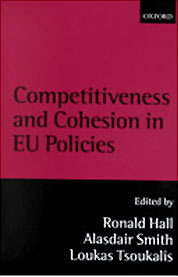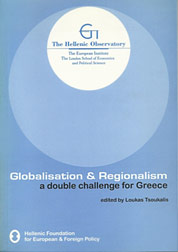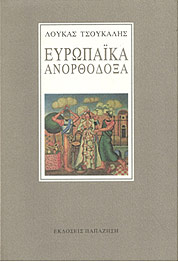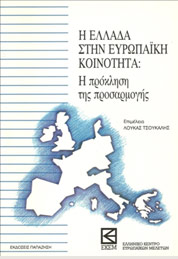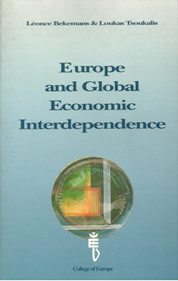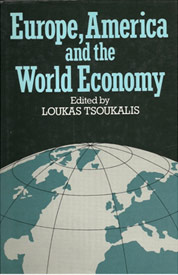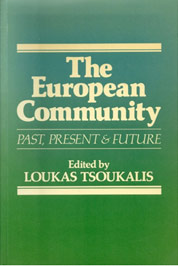Competitiveness and Cohesion: An evaluation of EU policies
An important study of the advantages and pitfalls of the EU’s move to greater harmonization.Distribution of resources and opportunity has always been an important factor in European integration. As new and economically weaker join the EU in the future, this will become even more crucial. The reduction of inequalities occupies a prominent place on the European political agenda.This volume examines the cohesion impact of all of the main EU policies. Areas covered include the single market, external trade policy, competition and enterprise policies, research and technological development, the common agricultural policy, transport policy, telecommunications policy, social and employment policy, and structural policies. Two common themes emerge from the investigations. The first is the great complexity in the cause and effect relationships that exist between EU policy interventions and their final impact on the ground in different countries and regions, as well as on social groups. The second is the classical conflict that often exists between competitiveness and cohesion, or between efficiency and equity. This is the first comprehensive and thorough assessment of the cohesion impact of EU policies. It will be invaluable for policy advisers, academics and advanced students.
